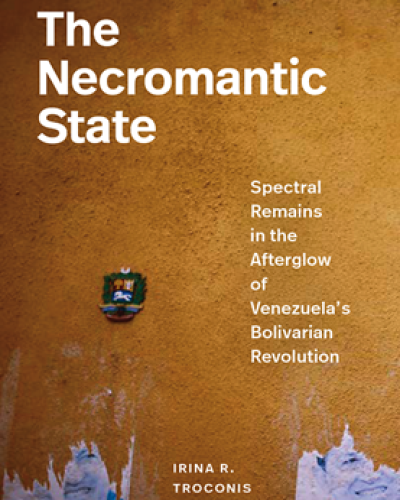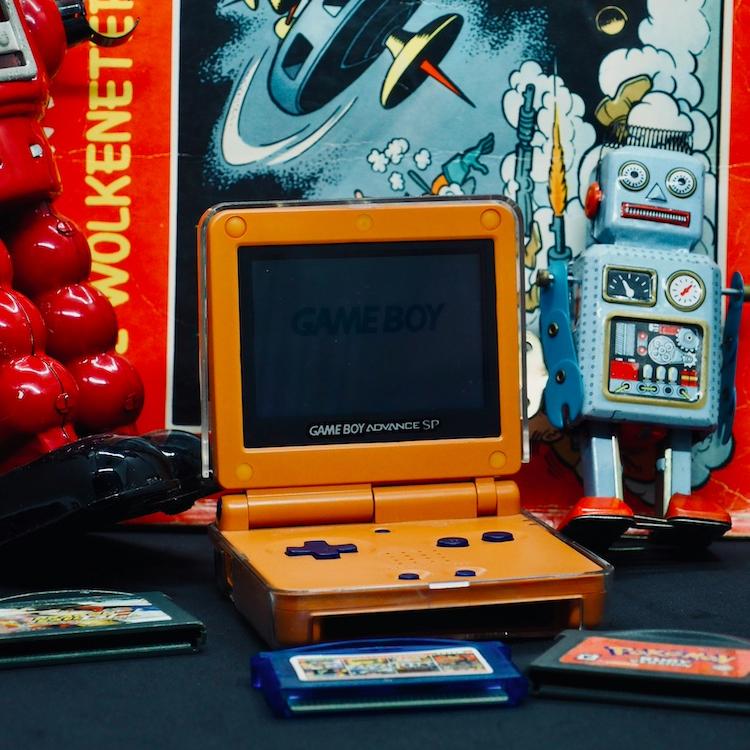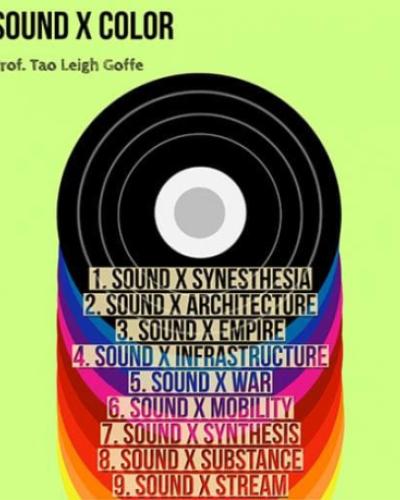By: Kate Blackwood
Cornell Chronicle
August 31, 2020
Undergraduates in the Milstein Program in Technology and Humanity imagined themselves into the future during the program’s 2020 summer session.
“I tasked the students with curating a museum in the year 2350,” said Tao Leigh Goffe, assistant professor of Africana Studies in the College of Arts and Sciences (A&S).
Goffe taught an online workshop for the Milstein Program summer session, which was held virtually June through August. “It was a thought experiment in speculative design,” she said. “I wanted the students to imagine that world, that future.”
In addition to imagining the world of the future in their coursework, the 40 participating Milstein students were, in a way, living it. When the COVID-19 pandemic caused the program to go online for a 10-week summer session, instead of the planned six-week residence on the Cornell Tech campus, students and instructors turned to technology to connect with material and each other.
The Milstein Program is dedicated to bridging technology and humanities, connecting liberal arts education from A&S with cutting-edge programs at Cornell Tech. The program was created in 2017 with a $20 million gift from Howard Milstein ’73, Abby Milstein and Michael Milstein ’11.
The program is structured with the expectation that students will spend their academic years at the Ithaca campus and two summers living and learning at Cornell Tech in New York City. This was to be the program’s first residential summer.
 Students in the Milstein Program in Technology and Humanity, Classes of 2022 and 2023 cohorts, visit the Cornell Tech campus in November 2019. Jesse Winter/Cornell University
Students in the Milstein Program in Technology and Humanity, Classes of 2022 and 2023 cohorts, visit the Cornell Tech campus in November 2019. Jesse Winter/Cornell University
“Obviously the move to online-only was a bummer, but there was no way to get everyone to New York and do it in person,” said Wyatt Marshall ’22, who’s majoring in computer science and philosophy. “However, sending everyone an Oculus Quest [virtual reality equipment] just about made up for it.”
Virtual reality was just one of the tools through which students synthesized tech and humanities under extraordinary circumstances. According to Tapan Parikh, Cornell Tech Campus faculty director and associate professor of information science, the program’s goal for the summer was to help students navigate the new world formed by the pandemic by providing them with intellectual frameworks and tools.
Parikh and the other program faculty adapted the program structure and workshops, canceling one workshop that depended on hands-on creation but adding two more that lent themselves to virtual content.
Goffe’s workshop, “Sound x Color: Electronic Music and Technologies of Empire,” was, as she put it, “born digital.” Students examined electronic dance music and the technologies – from the gramophone to the MP3 – and infrastructures that make it possible. The summer culminated with student groups producing audio-visual soundtrack mixes.
“I am in awe of what my students produce technologically speaking every semester,” Goffe said, “and ‘Sound x Color’ was no different.”
 In her Milstein Program workshop, Tao Leigh Goffe challenged her students to curate a museum in the year 2350. In this illustration, she imagines the Louvre in Paris, underwater because of climate change. Tao Leigh Goffe/Provided
In her Milstein Program workshop, Tao Leigh Goffe challenged her students to curate a museum in the year 2350. In this illustration, she imagines the Louvre in Paris, underwater because of climate change. Tao Leigh Goffe/Provided
The Milstein Program residential experience usually starts after a student’s sophomore year; this year’s online format allowed rising sophomores, including Tori DiStefano ’23, to participate.
For DiStefano, a biology and society major, the best part of the summer program was the intimacy participants had with the teaching team – despite participating remotely.
“They made it clear that they were willing and excited to talk to us individually and further explore ideas,” she said. “For me, this open communication fostered outside-the-box thinking and motivated me to better understand the materials.”
As the fall 2020 semester gets underway, DiStefano and other students plan to continue the virtual museum project they began over the summer, working with Goffe and Parikh.
The pandemic has affected Cornell’s fall semester, as well, but Milstein students have much to look forward to, said Austin Bunn, associate professor and Koenig Jacobson Sesquicentennial Fellow in the Department of Performing and Media Arts, who took over leadership of the Milstein Program July 1.
Bunn is excited about the course “Gramophone, Radio, Podcast: Sound Recording as a Medium for Writing,” taught by Milstein Fellow Jeremy Braddock, associate professor of English, which will host noted podcasters and audio designers during the semester. And two new Zoom talk series will connect Milstein students with faculty, outside researchers, professionals and graduate students who work at the intersection of tech and the humanities.
"The goal,” said Bunn, “is to bring together—even in this virtual moment—the young Milstein scholars with exceptional thinkers, entrepreneurs, scholars, graduates (and even outstanding current students) exploring the possibilities and consequences of technology and its impact on our world."






